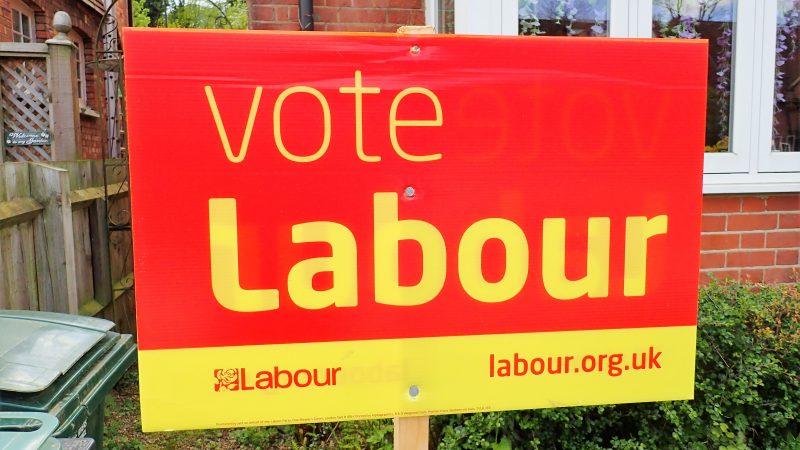
Rishi Sunak announcing a windfall tax on oil and gas firms this week is a clear vindication for Labour. As a local councillor in Bury, so many of my conversations with residents are about the cost-of-living crisis. Every day, I hear from different families in my ward who are making incredibly painful choices between heating and eating. The cost-of-living crisis is regularly talked about in Westminster, but it often feels like pundits and especially the government have not come close to understanding the scale of the crisis.
In these incredibly difficult times, bold solutions are badly needed. That’s why Labour’s windfall tax stood out in stark contrast to Rishi Sunak’s dither and delay (for example, in his Spring Statement). The logic of the windfall tax is that it is grossly unfair that oil and gas companies are raking in record profits while so many families are struggling to make ends meet. The tax would also work to combat the spectre of stagflation, which would be the result of low investment and significantly depressed demand. So it’s good policy making but also good communications because it ‘shows the working’ for how Labour would cut bills, rather than leaving this implied. With many people viewing economics as a zero-sum game, this is crucial. The windfall tax intuitively speaks to the British value of fairness – a political expression of us always wanting the underdog to win at Wimbledon.
This policy comes in the context of efforts to reassure the British people of Labour’s economic credibility. And with general elections so often being decided on “the economy, stupid”, this is perfectly sensible. However, the windfall tax has shown us that economic credibility necessitates bold thinking on the economy – it does not preclude it. Although clearly a subjective term, I would argue that bold economic policies are those that stand out to the public for directly challenging Thatcherite economics. For example, here in Greater Manchester, Andy Burnham has bold plans to reverse Margaret Thatcher’s legacy by refranchising our buses and cutting fares for residents. This is going to ease cost-of-living pressures in our area whilst also responding to the climate emergency.
But we cannot take this windfall tax win and simply stand still. This must be built on with continued bold thinking on the economy. Further action is needed in responding to climate change, to save our planet and create the new green jobs of the future. These policies must be linked to the cost-of-living crisis and the continued inequalities that plague our country, from the modern-day scandal of homelessness to persistent inequalities in life expectancy between the richest and poorest.
If Labour is to win, it must embrace a range of bold policies on the economy to provide the security that is so badly needed. In a society reeling from a pandemic and a cost-of-living crisis, economic credibility means bold policies – not cautiousness.




More from LabourList
Nudification apps facilitate digital sexual assault – and they should be banned
Diane Abbott suspended from Labour after defending racism comments
Labour campaign groups join forces to call for reinstatement of MPs